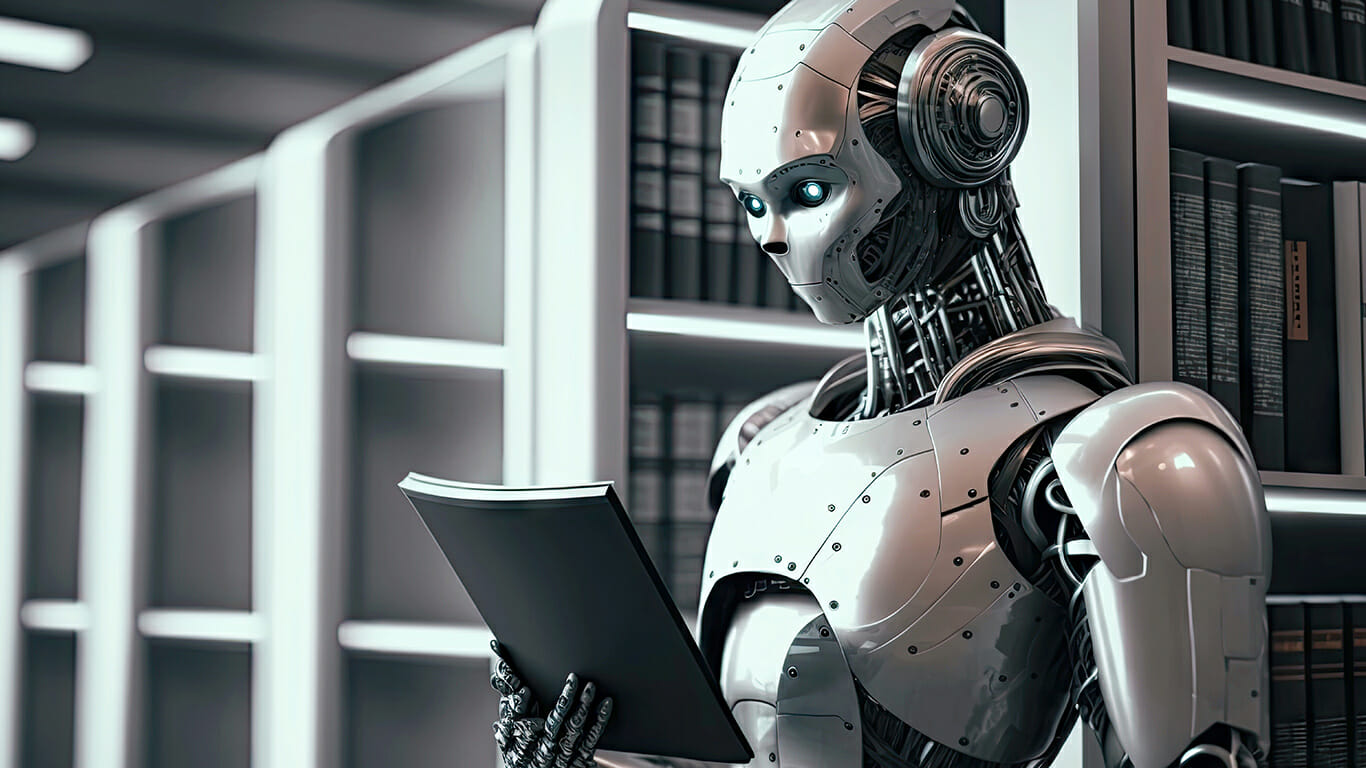When it comes to harnessing technology in his law practice, Fennemore attorney Marc Lamber has always been on the leading edge. In fact, Apple profiled him on apple.com for his innovative use of its products to make his practice more efficient while turning the way lawyers communicate with clients on its ear. Now, Lamber has taken the next giant leap by folding Chat GPT, into his daily law practice. Here are five ways Lamber and his law team are using Chat GPT to enhance the quality of the legal services they offer and ways using Chat GPT in law could revolutionize the profession:
Most Influential Women: Andrea Marconi, Fennemore
1. Legal research is faster and more comprehensive

GPT can expedite the review of case law, summarizing and identifying relevant precedent while also identifying relevant statutes and applicable regulations. Perhaps most surprising is that GPT can sift through and process terabytes of data in a fraction of the time it would take a human.
2. Creating sophisticated complaints and other pleadings is a snap
GPT can create accurate, comprehensive drafts of pleadings including complaints and motions. It uses templates and specific instructions to create nuanced language and precise arguments, even though it doesn’t understand the law.
3. Predictive analysis is now readily available to all lawyers
Based on patterns in the data within information developed through the discovery process, GPT can predict likely responses of a witness while identifying inconsistencies with previous testimony. It can also review deposition transcripts and suggest lines of argument. Going a step further, GPT can review volumes of judicial decisions and help predict outcomes on certain issues.
4. Opening and closing arguments are more compelling
Creativity is a hallmark of creating opening and closing arguments and GPT can make those critical jury interactions by structuring arguments, organizing evidence and drafting convincing narratives. By feeding GPT facts and relevant law and then engaging with GPT through progressive, more specific prompts, the AI can make a very compelling case.
5. The cost of legal services can be reduced as lawyers become more productive
Legal services are costly and that is because lawyers bill time for each task they perform. By automating certain functions like legal research drafting of labor-intensive legal documents, costs can be driven down while law firms are able to handle more cases.




